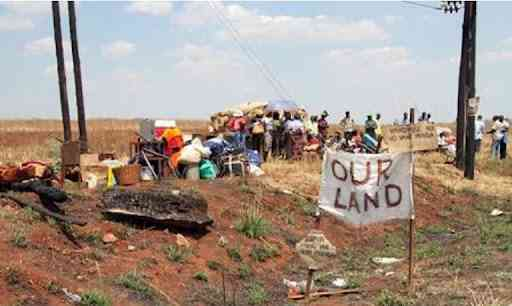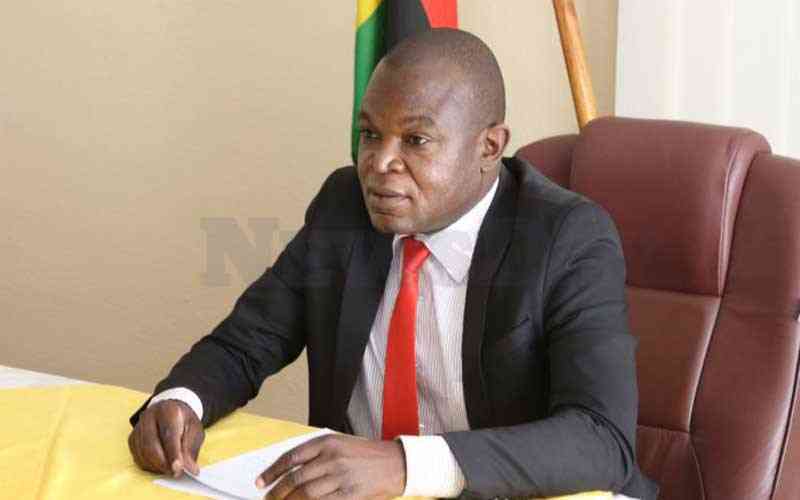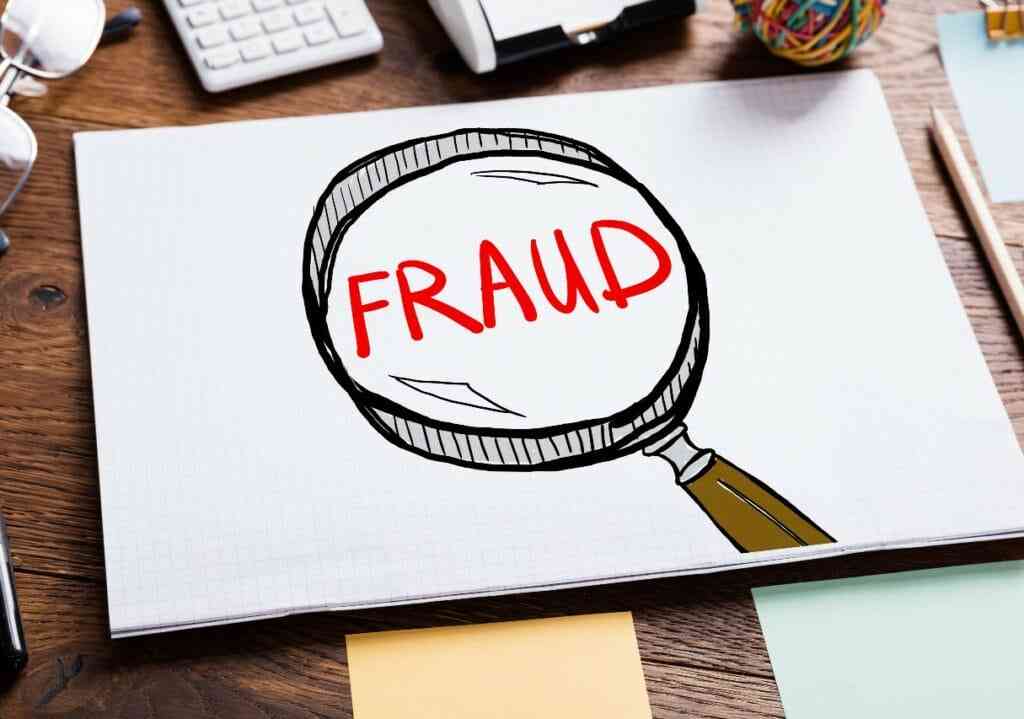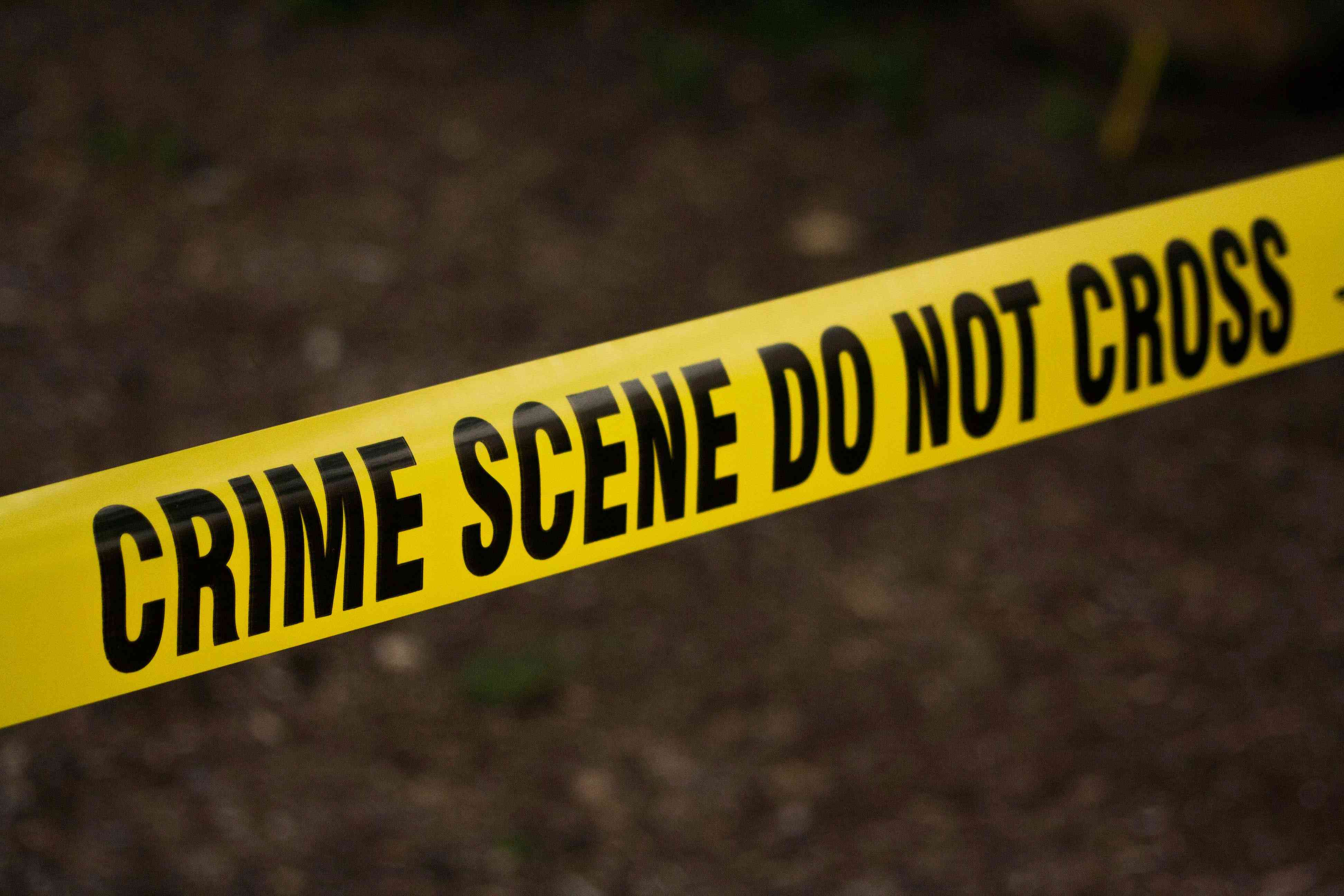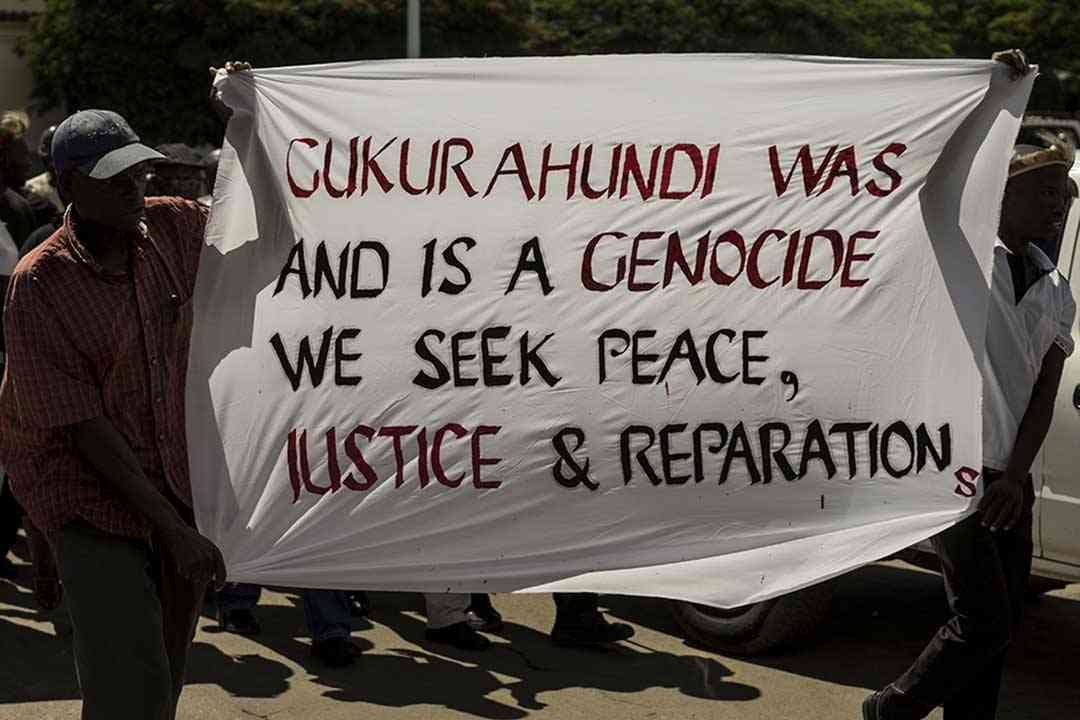
The unresolved Gukurahundi issue has been topical since the beginning of the year with various stakeholders divided on how best to find redress to the 1980’s mass killings.
Since assuming office in 2017, following a military coup, President Emmerson Mnangagwa has met civic groups, churches and traditional leaders to find ways of addressing Gukurahundi.
Mnangagwa has tasked chiefs to conduct consultations with their subjects.
Critics have said the president did not have solid grounds to preside over the emotive matter following his role in the massacres when he was State Security minister.
Ignoring critics, Mnangagwa in October 2022 launched a Gukurahundi manual to be used by traditional leaders when they start conducting consultations next year.
The launch was done at the Bulawayo State House.
During the launch, Mnangagwa challenged Gukurahundi victims and communities to cooperate with traditional leaders during the consultations.
The manual sets the parameters in which the traditional leaders will operate during consultations.
- Ziyambi’s Gukurahundi remarks revealing
- Giles Mutsekwa was a tough campaigner
- New law answers exhumations and reburials question in Zim
- Abducted tourists remembered
Keep Reading
“The journey towards forging national unity did not commence today,” Mnangagwa said at the launch before accusing the opposition of wanting to use Gukurahundi to stir up emotions for political gain.
“Indeed, history records indicate that in 1987, the founding fathers of our nation made a decision to unite our peoples under the national banner by signing the Unity Accord.
“I urge you all to be vigilant and to disregard any attempts by any party to achieve political mileage through Gukurahundi.
“To the external detractors who seek to maintain Gukurahundi as a perennial fountain of conflict, I say to you “Lingena ngaphi” (where do you fit in?).”
Human rights activist Effie Ncube said Gukurahundi cannot be resolved through a process led by the executive as he lobbied for an independent and victim-centred process.
“Truth is central in transitional justice and this truth must come from both perpetrators and survivors,” Ncube told Sunday Southern Eye in an interview.
“I have not heard, which mechanism is going to be used for perpetrators to speak about their roles and the circumstances surrounding the commission of the atrocities.”
A chiefs' report unveiled during the launch of the Gukurahundi manual revealed that the president of the Chiefs Council, Chief Fortune Charumbira was opposed to an independent commission to lead the exercise.
According to the report, Charumbira said only traditional leaders can lead the process.
He cited section 281 and the Traditional Leaders Act, which mandates chiefs to resolve disputes within their jurisdiction and promote a culture of peace and reconciliation.
In August 2022, Justice, Legal and Parliamentary Affairs minister Ziyambi Ziyambi told a United Nations (UN) panel in Geneva that Gukurahundi had been resolved.
His statements attracted criticism with other critics, including victims, saying this confirmed their fears of lack of political will from government to resolve Gukurahundi.
Ziyambi, who also made objections to the use of the word massacres, made the statements when he appeared before the Committee on the Elimination of Racial Discrimination in Geneva.
The committee had expressed concern that Gukurahundi remained a source of ethnic tension with no accountability for the deaths or justice for survivors.
Ziyambi also removed any hopes that victims may get justice for the crimes committed by the army when he said the 1987 Unity Accord gave amnesty to the perpetrators of the genocide.
According to the Catholic Commission for Peace and Justice (CCJP), over 20 000 people were killed in Matabeleland and Midlands when the late Robert Mugabe sent a North Korean-trained army brigade to allegedly track dissidents seeking to topple the young government.
This followed the alleged discovery of arms caches at Zapu properties.
Esidakeni saga rages on
In Matabeleland North, the raging ownership wrangle of the 554-hectare Esidakeni farm also known as Kershelmar Farms (Private) Limited located at Umguza took centre stage in 2022.
Since 2020, co-owners of the farm Charles Moyo, human rights advocate, Siphosami Malunga and Zephaniah Dhlamini have been at loggerheads with businessman Dumisani Madzivanyathi and Zanu PF secretary for administration, Obert Mpofu over the control of the property.
The farm was compulsorily acquired by the government in December 2020.
The fight for the property has been a see-saw affair at the courts with Mpofu once ordered to vacate the property by the High Court.
In a twist of events, police in August 2022 arrested Malunga, Dhlamini and Moyo and charged them with trespassing on the property.
They are out on $10 000 bail and their case is pending in court.
City parking chaos
In Bulawayo, the controversial vehicle parking management system between the Bulawayo City Council and Tendy Three Investment (TTI) also grabbed the headlines.
TTI entered into partnership with BCC in 2021 to manage the city’s smart parking system meant to last for six years.
In August this year, residents staged a protest outside the City Hall demanding the removal of the parking system in the central business district (CBD) area and also wrote a petition to council.
Council later succumbed to pressure and cut the vehicle parking fees with a Bulawayo man also going to court to demand that the tender, which was awarded under controversial circumstances, be scrapped.
Service delivery remains in limbo
Turning to service delivery, Bulawayo residents continued to suffer poor services and water shortages after the local authority decommissioned Umzingwane Dam over low water levels.
After the decommissioning of the dam, city fathers imposed a 48-hour water shedding regime which was later extended to 72 hours as the council battled to meet demand.
The 72-hour water shedding regime was later suspended owing to crippling power outages that city fathers said were disrupting operations at the city’s water treatment plants, plunging the city into a crisis.
Last month, city residents staged a protest in the CBD over exorbitant rates and poor service delivery.
The protesters also accused the council of unilaterally crafting the 2023 budget without their input.
Bulawayo Progressive Residents Association administrator Thembelani Dube accused councillors of being absent from their wards.
“Council has been wantonly hiking rates and tariffs but it is failing to provide matching services,” Dube told Sunday Southern Eye.
"Councillors are our representatives since we are the ones who voted for them.
“The reason why we are saying we are now left alone is that very few councillors follow what they are supposed to be doing.”
Bulawayo deputy mayor Mlandu Ncube said council cannot be blamed for poor services.
“It’s only that the economy is not doing well,” Ncube said.
“Residents should pray for the growth of the economy next year so that they are able to have more money at their disposal to pay the rates, and enable the council to provide efficient services.”
Egodini Mall pipe dream
As the year comes to an end, the much publicised Egodini mall project remains incomplete six years on.
The private company Terracotta Trading (Private) Limited was contracted to rehabilitate Egodini Mall in 2016 under a build, operate and transfer basis, and the project was earmarked to gobble US$60 million.
The contractor was supposed to have completed the first phase of the project in November 2019, but several deadlines have been missed amid calls for the tender to be cancelled.


